Understanding and Treating Traumatized Youth An Integrated, Evidence-Based Approach – Robert
Original price was: $219.99.$61.00Current price is: $61.00.
Understanding and Treating Traumatized Youth An Integrated, Evidence-Based Approach – Robert has the same quality as the author’s salapage.
Salepage link: At HERE. Archive:
- Faculty:
- Robert Lusk
- Duration:
- 5 Hours 42 Minutes
- Format:
- Audio and Video
- Copyright:
- Oct 26, 2011
Description
Recognizing and Overcoming the Effects of Trauma on a Young Brain
Each year in the United States, at least 5 million children are either victims of—or witnesses to—abuse, violence, or other forms of psychological trauma. Clinicians and educators are increasingly expected to address the needs of these young victims, but there are many different views of exactly how trauma affects youth and, thus, how it is best treated. Clues for understanding and integrating trauma treatment approaches may be found in current neurobiological research, which continues to show trauma’s damaging effects—some temporary, some permanent—on children’s brain development.
Professionals who work with traumatized children are challenged to stay current with developments in many different fields, from neuroscience to non-traditional treatment approaches, in order to give each individual child the best hope for healing.
This recording offers an understandable overview of the emerging neurodevelopmental and attachment-based perspectives on child trauma. This approach provides a unifying way of understanding and treating trauma using a variety of treatments based on the youth’s neurodevelopmental level and their current caregiver context. Watch and grasp what happens to the brain when a youth is severely traumatized and how to implement both traditional and non-traditional interventions to treat traumatized youth.
Discover how making intimidating neuroscientific research more user-friendly can be key to seeing improvement in even the most challenging cases.
Handouts
| Manual – Understanding and Treating Trauma (1.84 MB) | 68 Pages | Available after Purchase |
Outline
INTRODUCTION
- Prevalence of psychological trauma in youth
- Common types of trauma
IMPACT AND EFFECTS OF TRAUMA
- Factors impacting the severity of the trauma response
- Long-term effects of interpersonal trauma
- “Trauma aftershocks,” and how professionals can start to have an impact
- The “good news” and “bad news” about the effects of trauma
ISSUES IN DIAGNOSIS
- Diagnosis of trauma responses
- Stress disorders (PTSD and Acute Stress Disorder)
- Dissociative disorders
- Other diagnoses related to trauma
- The “comorbidity” issue
- Proposed diagnostic changes in the DSM-V related to trauma
TRAUMA, DISSOCIATION, AND THE HYPERAROUSAL RESPONSE
- What the hyperarousal response means and how it works
- Dissociation and trauma
- Gender differences in response to trauma
- Fight, flight, and fright modes
- What happens in each mode
- Why youth can’t use coping skills when hyperaroused
- How hyperarousal can be “addictive”
THE NEUROBIOLOGICAL BASIS FOR THE EFFECTS OF TRAUMA
- Overview of the brain (as it relates to trauma and hyperarousal)
- Brain functions relevant to trauma treatment
- Effects of trauma on the brain
TRAUMA-FOCUSED TREATMENT: OVERVIEW
- Understanding issues in the first phase of trauma treatment
- The importance of education (of client, parents, teachers, and significant others)
- Grounding, coping, and healthy endorphin-releasing techniques for the first phase
- Helping the youth shift from a “survival brain” to a “learning brain”
- When is the youth ready for the second phase?
- Applying second phase principles in youth
- Adapting trauma processing techniques based on developmental level
- When is the youth ready for the third phase?
- Applying the principles of reintegration (third phase) with youth
- Family work and focusing on the future
- When is the third phase completed?
DIGGING DEEPER INTO TREATMENT: AN INTEGRATED, EVIDENCE-BASED APPROACH
- Current research evidence
- Trauma-Focused Cognitive-Behavioral Therapy (TF-CBT) and its variants
- Components of TF-CBT
- Creating the Trauma Narrative
- Cognitive processing in TF-CBT
- The Neurosequential Model of Therapeutics (NMT)
- Overview of NMT
- Principles of NMT
- NMT interventions for different developmental levels
- The ARC Model: Attachment, Regulation, & Competency
- Key building blocks in the ARC model
- The Attachment domain
- The Self-regulation domain
- The Competency domain
- Trauma integration in the ARC model
MEDICATIONS FOR TRAUMA SYMPTOMS IN YOUTH
- Recent research
- Recommended medications for complex trauma and comorbid disorders in youth
- Concerns, issues, and limitations of medications for trauma
ADDITIONAL MATERIAL PROVIDED IN THE COURSE MANUAL:
- Appendix A: General Principles of Trauma-Informed Intervention
- Appendix B: Assessment of Trauma and Developmental Level
- Areas to cover and tools to use in a trauma assessment
- Important, often overlooked, components of a trauma assessment
- How to determine types of interventions to use
Faculty
Robert Lusk, PhD Related seminars and products: 2
Robert Lusk, PhD, has devoted his career to working with trauma survivors and their families, and providing training and consultation to parents, military families, and professionals on trauma-related issues, parenting special needs children, attachment disorders, psychotropic medications, reintegration after deployment, and psychiatric disorders. For the past 26 years, Dr. Lusk has served as clinical director at The Baby Fold. There, he designs and implements new programs, and provides clinical supervision, consultation and oversight to all the agency’s treatment programs.
Dr. Lusk completed a full-time internship at the Brentwood Veterans Administration Medical Center in Los Angeles, where he focused on PTSD treatment for combat veterans. He has continued to provide supervision, training, and treatment for veterans and other adult trauma survivors for the past 30 years.
Dr. Lusk also instructs courses at Illinois Wesleyan University and has been actively involved in investigative research on trauma for over 30 years, including studies of treatment approach efficacy and cognitive and school-related effects of trauma. He has published several journal articles and book chapters on understanding and treating trauma.
Dr. Lusk earned his Master’s and Doctoral degrees in clinical psychology from the University of California at Los Angeles and has trained in a variety of interventions including Trauma-Focused Cognitive Behavioral Therapy, the Attachment, Regulation, and Competency (ARC) model, Collaborative Problem-Solving, couples and family therapy, Trust-Based Relational Intervention, and Eye Movement Desensitization and Reprocessing (EMDR).
Speaker Disclosures:
Financial: Robert Lusk is an adjunct assistant professor at Illinois Wesleyan University. He has an employment relationship with The Baby Fold. Dr. Lusk receives a speaking honorarium from PESI, Inc.
Non-financial: Robert Lusk has no relevant non-financial relationship to disclose.
Here's an overview of the prominent keywords and a list of famous authors:
Business and Sales: Explore business strategies, sales skills, entrepreneurship, and brand-building from authors like Joe Wicks, Jillian Michaels, and Tony Horton.
Sports and Fitness: Enhance athleticism, improve health and fitness with guidance from experts like Shaun T, Kayla Itsines, and Yoga with Adriene.
Personal Development: Develop communication skills, time management, creative thinking, and enhance self-awareness from authors like Gretchen Rubin, Simon Sinek, and Marie Kondo.
Technology and Coding: Learn about artificial intelligence, data analytics, programming, and blockchain technology from thought leaders like Neil deGrasse Tyson, Amy Cuddy, and Malcolm Gladwell.
Lifestyle and Wellness: Discover courses on holistic health, yoga, and healthy living from authors like Elizabeth Gilbert, Bill Nye, and Tracy Anderson.
Art and Creativity: Explore the world of art, creativity, and painting with guidance from renowned artists like Bob Ross and others.
All the courses on WSOlib are led by top authors and experts in their respective fields. Rest assured that the knowledge and skills you acquire are reliable and highly applicable.
Specification: Understanding and Treating Traumatized Youth An Integrated, Evidence-Based Approach – Robert
|
User Reviews
Only logged in customers who have purchased this product may leave a review.

Original price was: $219.99.$61.00Current price is: $61.00.

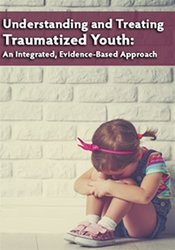


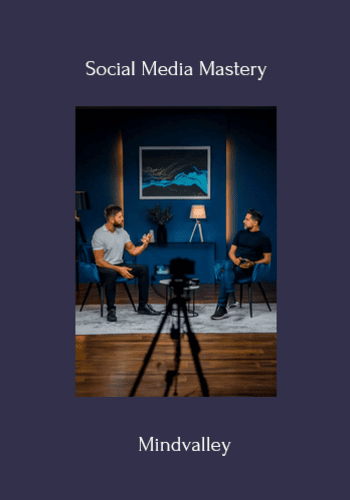
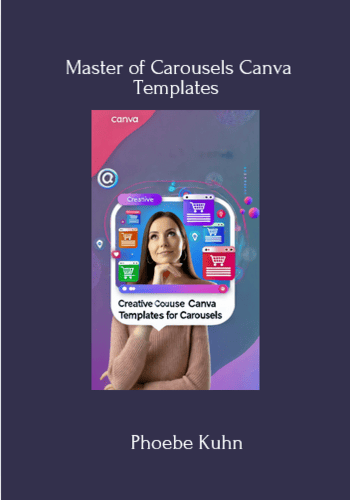

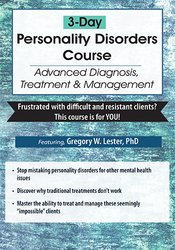
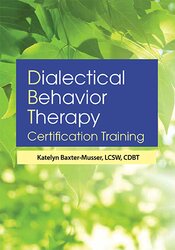
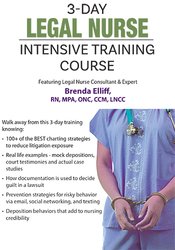

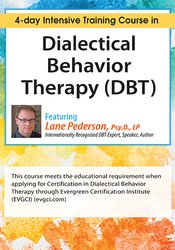
There are no reviews yet.